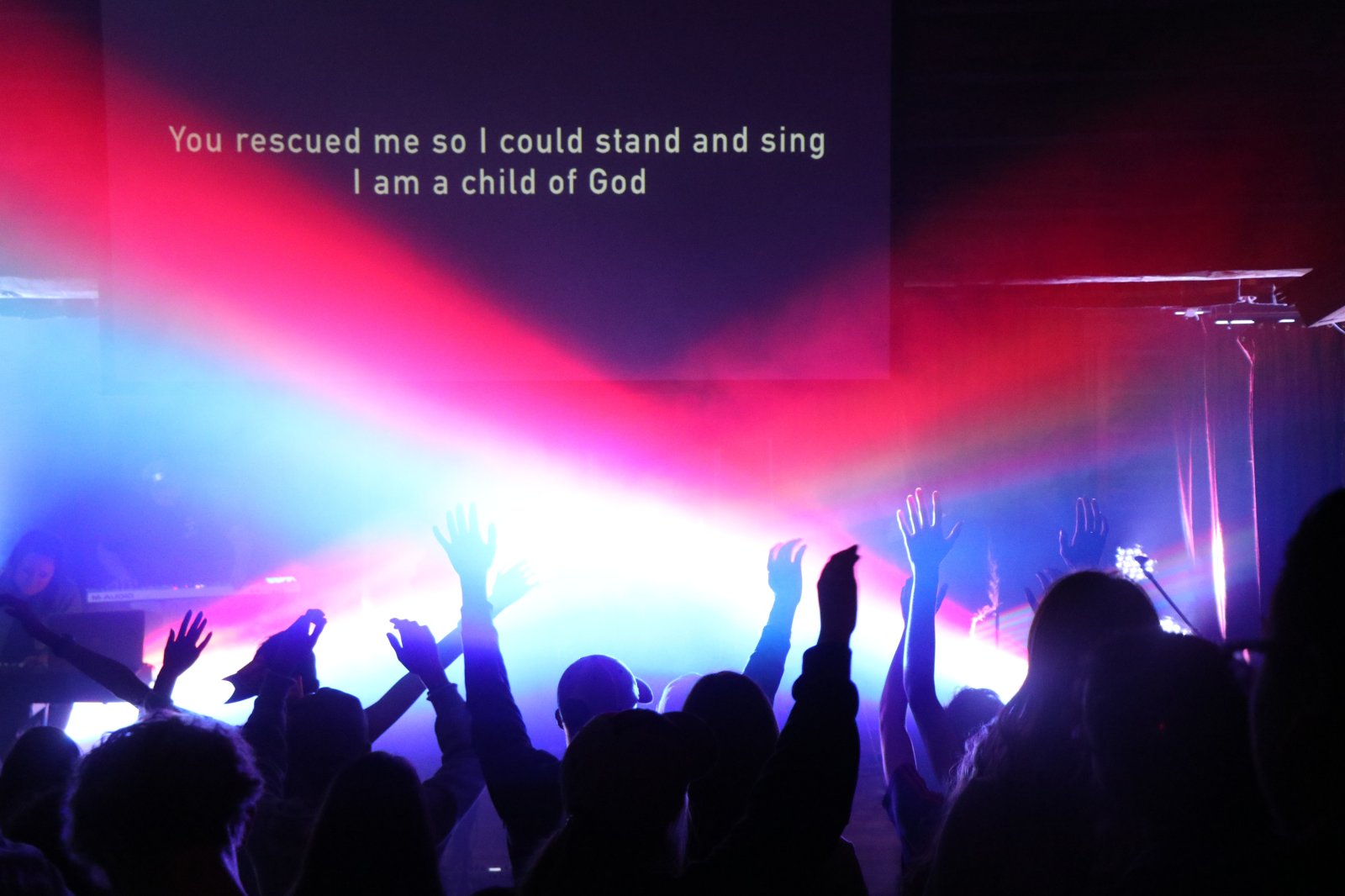Feast of Christ the King - National Youth Sunday
Posted: Sat, 20 Nov 2021 14:33
Today we are presented with the dilemma of Pontus Pilate in his failure to recognise and truly understand the majesty of Jesus. In our gospel today that we usually associate with Good Friday, we have an insight into a real appreciation of today's feast. For this final Sunday of the Church's year, we move to John's gospel: both the religious and secular leaders of Palestine want Jesus out of the way. His challenge, like the witness of all great prophets, causes problems and embarrassment. As the Servant King, Jesus sought to bring a new vision of faith through action. His teaching and ministry attracted people like Peter, Mary of Magdala and Nicodemus. With them and other true disciples, he was able to continue a pattern of care that dates back to Creation and offer a community of faith and Word that continues to this day, of which we are all living members.
After his religious trials, Jesus is brought before the secular power—Pontius Pilate, the Governor was the embodiment of Roman power. This was a power that sought to conquer and rule—he worked from a model of absolute power that was the antithesis of the royal power that Jesus offered. If Pilate had been in the Upper Room on the preceding night, he would have seen what a Christian understanding of power is all about. If Pilate had followed Jesus around his territory of Palestine, he would have discovered a deep compassion and outreach for the neediest of the citizens. He forgave the sinner, not just once but seventy times seven. He welcomed the lepers and the hurting and brought true healing. He ensured that everyone was counted, especially the women and children. Pilate would have seen a man deeply in love with life and offering everyone he meets a share in a fullness of that life. However, Pilate was so full of his notion of power, living in the luxury of Caesarea Philippi that he could only see a 'nobody' from Nazareth standing before him.
Had he been at the Last supper meal, Pilate would have seen what Christian Kingship was all about: Jesus knelt down in the floor to wash his disciples' feet and then reminded them: 'I, your Lord and Teacher, have just washed your feet. You, then, should wash one another's feet. I have set an example for you, so that you will do just what I have done for you' (Jn 13: 14-15). At the trial Pilate sees Jesus as 'King of the Jews' (Jn 18:33)—an obvious threat to the power of Caesar. In this centre of government and power over life and death, Jesus and Pilate reveal different visions of power. The way of Pilate is easy and simple: he can wash his hands of everything and give into the crowds crying 'crucify him, crucify him!' (Jn 19:6). The way of Jesus involves a scourging and crowning with thorns, and a journey of suffering, shame, betrayal, degradation, and death. However, this hard path does lead to glory and justification. It is a life of truth and honesty that Pilate cannot fully comprehend and he receives valuable catechesis from Jesus and he is told what a true King is all about,
'You say that I am a king. I was born and came into the world for this one purpose, to speak about the truth. Whoever belongs to the truth listens to me' (Jn 18: 37).
Jesus taught that truth, however hard it was to accept, in the synagogue of Capernaum, in the home of Jairus, and at a wedding in Cana. We share this truth, as Christians, and proclaim it in our acts of random kindness and gospel sharing. These past twenty months of living through a pandemic disaster has put that truth to the test, as we worked to find a compassionate God in the midst of so much suffering. All of us have been affected and none more so than our young people. It is in this spirit of truthfulness and real service that we remember our young people on this Youth Sunday. Today is a call for the whole community to offer true leadership in their service of others. We are also given this day as 'Youth Sunday' and, as followers of Don Bosco, Nano Nagle and Mother Mazzarello, we need to celebrate our young people to the full. We are called and challenged to think this weekend as a parish community about not just what our young people can do for us but what we can do to welcome, encourage, and empower our young people to feel like they belong. There is a danger that we see our youth just as the 'church of the FUTURE' but they are part of the 'church of TODAY' too. What is your parish family doing to promote the gift of children and young people? How do you include their voice? We need to help our parishes to appreciate that if we keep putting down love and joy and hope, one day, it will be picked up.
As we start to pick up the pieces of the devastation wrought in the global community, we are invited to listen to the hope and wishes of our young people. Pope Francis makes it clear that we have to be a 'listening Church'; Jesus listened to those in need. He was there for who were searching, like the disciples going to Emmaus. Today is a clear challenge to listen to everyone, especially those who are young. We cannot become a dry and dusty institution that fails to speak the truth:
A Church always on the defensive, which loses her humility and stops listening to others, which leaves no room for questions, loses her youth and turns into a museum. (Christus Vivit)
Author: Fr Gerry O'Shaughnessy SDB
Image: © Hudson Hintze on Unsplash
